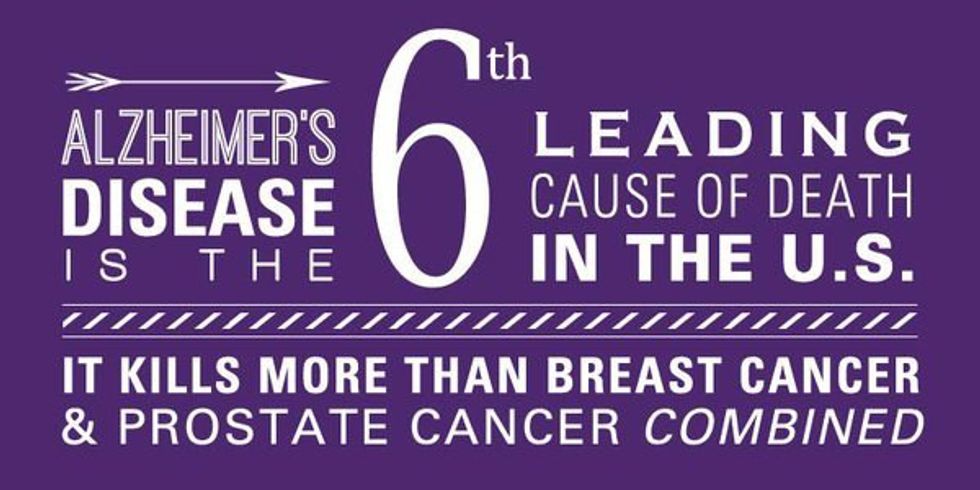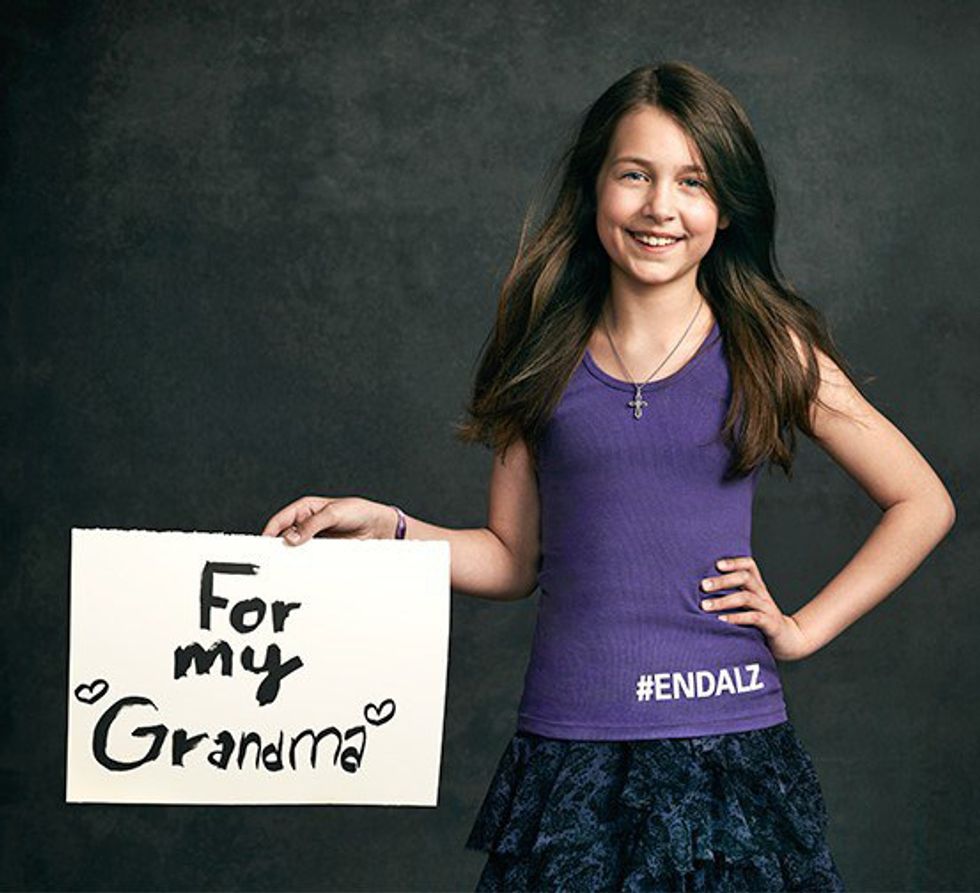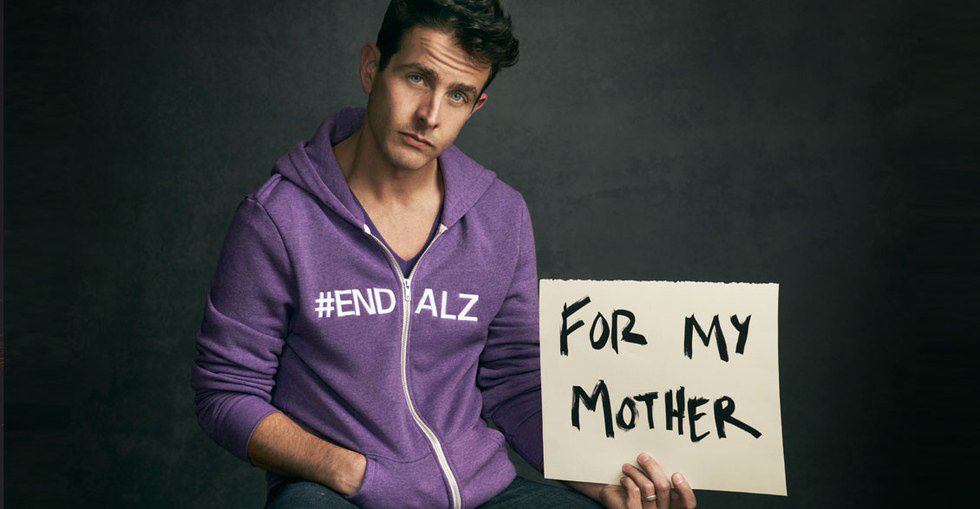Alzheimer’s is a generalized degeneration of the brain, and a form of dementia. Most people have heard of the disease, and have a good idea of what it is, but there are still many misconceptions surrounding it. For example, you do not have to be of old age to develop symptoms. Early onset Alzheimer’s, while uncommon, can occur in those younger than age 65. You also don’t have to have signs of memory loss to have the disease either, as changes in the brain begin long before any changes become apparent.
With ALZ, two abnormal protein fragments (plaques and tangles) begin to accumulate and kill brain cells. Over time, these fragments destroy the hippocampus, the part of the brain responsible for memory formation, until you can no longer make new memories. The plaques and tangles then spread to the rest of the brain and continue to wreak havoc, causing various parts of the brain to no longer be functional.
Here are just a few facts from the Alzheimer’s Association to help you better understand the depth of the disease:
- 5+ million Americans are living with Alzheimer’s disease
- It is the 6th leading cause of death in the United States
- Every 68 seconds, someone in the United States develops dementia
- In 2016, Alzheimer’s and other form of dementia will cost the nation $236 billion
- It is the most common form of dementia, accounting for between 60-80 percent of dementia cases
It is important that more people recognize the symptoms, and seek help for their loved ones and family members in order to slow degenerative progression. It is typically more apparent to family members that a loved one may be developing the disease than the sufferer themselves. The first symptom is finding it difficult to learn and remember new information. In later stages, the sufferer may experience mood and behavioral changes. Eventually, patients lose their procedural memory, and can no longer how to perform basic tasks, such as walking and speaking.
Losing a loved one to Alzheimer’s is never fun. It is long, it is relentless, and it is unforgiving. When I lost my grandmother to Alzheimer’s, I was devastated. I felt as if I had lost her long before she was really gone, because she was not herself for a very long time. She was the nicest lady I’ve ever known, and she didn’t have a mean bone in her body. With ALZ though, she became angry and hostile; she was a completely different person. It is difficult to see your loved ones in such a way, but you continue to have hope, because you know who they are beyond the illness they are suffering from.
You have to live for each day, as some are better than others. On the really good days, you rejoice and enjoy the time with them while you can. On the bad days, you care for them and do your best to ensure they are comfortable. Those who find difficulty dealing with the experience may find comfort in local support groups, which include other caregivers and individuals with similar situations.
It is hard to understand how it feels to live each day knowing that your memories may not be there the next, so it is important to treat Alzheimer’s patients with respect and understand that what they are going through is just as difficult for them as it is for you. They may quickly begin to feel isolated, or like a burden as they rely on you more and more for care, so finding them the support they need and taking them to do things that they routinely enjoyed before may help.
Every day we are learning more about how Alzheimer’s, but there is still much research to be done. Join me in the fight to end Alzheimer’s and help support this research, whether it be by spreading awareness of the disease, participating in a local walk, or donating to the cause. More information can be found on the Alzheimer’s Association website. Help for caregivers and more explanations of how the disease works can be found on the website as well.
























